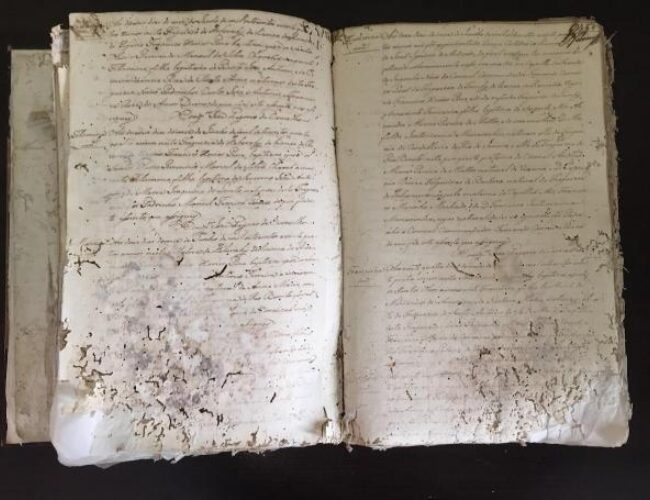Ecclesiastical documents are among the earliest records available for the history of African, indigenous, and European populations in Brazil, the largest slave society in the Americas. The Roman Catholic Church documented all social groups, yet few scholars have consulted their archives. Digitising these dispersed records opens new research on early multiracial Brazil.

In the 16th century the Catholic Church established ecclesiastical norms for recording baptisms, marriages and burials regardless of the location in which they were produced. Ecclesiastical records are the only serial records from the early colonial period that offer information on individuals from every social class, from recently arrived enslaved Africans to European nobles and indigenous people. They offer both quantitative and qualitative data on many historical subjects including demography, slavery, ethnicity, social networks, and the Church in Brazil.
After a project in 2005 by the Project Lead, the Archbishop of Niterói took interest in the ecclesiastical records of the region, and retrieved them from remote location to bring them to the Archive of the Archdiocese of Niterói. While secure, the archive has neither the technical facilities nor the necessary space to allow researchers to consult the documents. Despite efforts of the National Archive to clean and fumigate a small group of the records, most exhibit signs of damage from insects, water, corrosion, salt air, and mould.
The project digitised 162 volumes dating from 1648 to 1888. A team of students was trained in digitisation and archiving standards. The team updated and refined the images and metadata from the previous 2005 project.
